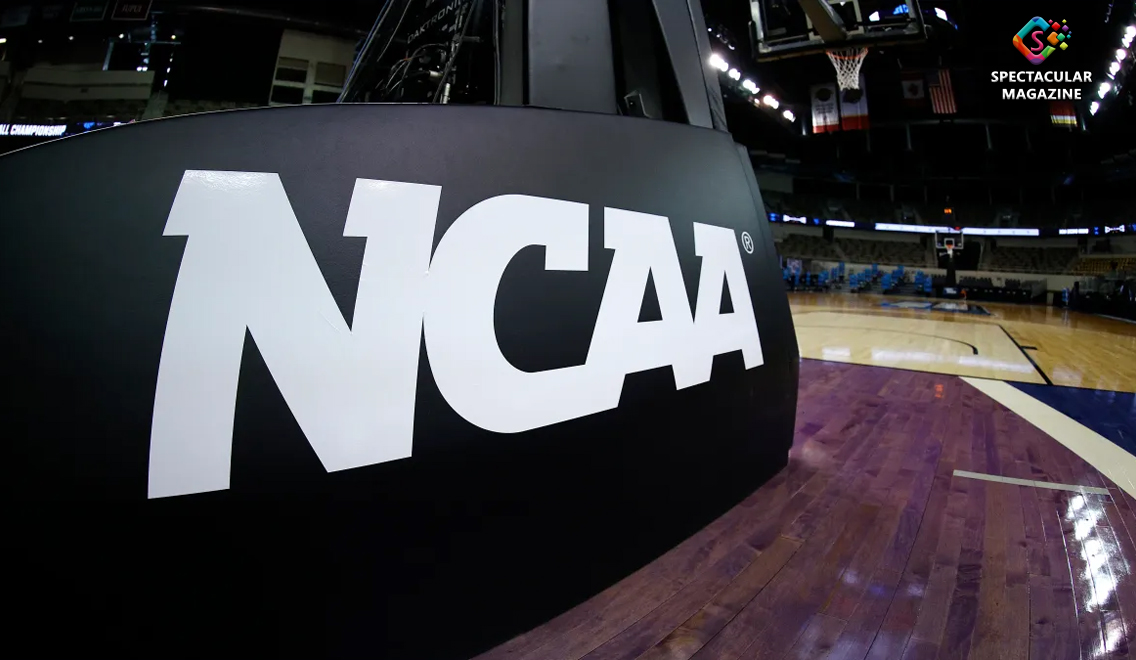Update: Attorney General Josh Stein Wins Temporary Restraining Order Against NCAA
RALEIGH – Attorney General Josh Stein announced today (Dec. 13) that he obtained a temporary restraining order against the National Collegiate Athletics Association’s (NCAA) transfer eligibility rule. The order is part of Attorney General Stein’s ongoing antitrust lawsuit against the NCAA.
“I am pleased that the Court has recognized that the NCAA’s transfer rule is unlawful,” said Attorney General Josh Stein. “I will keep fighting to protect student-athletes from ensuring that they are free to make their own decisions about what’s best for their futures, just like coaches, administrators, and other students can.”
Attorney General Stein joined attorneys general from Ohio, West Virginia, Colorado, Illinois, Tennessee, and New York in alleging that the transfer rule illegally restrains college athletes’ ability to change schools and play sports. The rule requires college athletes who transfer among Division I schools to wait one year before competing unless the NCAA makes an exception and waives the rule. Attorney General Stein recently wrote letters to the NCAA criticizing the transfer rule after it was used to temporarily prevent University of North Carolina football player Devontez Walker and Wake Forest University basketball player Efton Reid from playing this year.
Background
On Dec. 7, Attorney General Josh Stein filed a federal antitrust lawsuit challenging the National Collegiate Athletics Association’s (NCAA) transfer eligibility rule. Attorney General Stein alleges that the rule illegally restrains college athletes’ ability to change schools and play sports.
Attorney General Stein released the following statement:
“College sports are changing rapidly, but one thing remains the same: protecting student-athletes has to be the top priority. This rule has been applied inconsistently and hampers college athletes from freely making decisions about where they go to school. The NCAA has long claimed that the transfer rule is necessary to give students time to acclimate, but that justification doesn’t make sense for student-athletes who are in good academic standing. Coaches come and go as is best for their careers and families – students should enjoy that same freedom.”
The case has been filed in the U.S. District Court for the Northern District of West Virginia in conjunction with attorneys general from Ohio, West Virginia, Colorado, Illinois, Tennessee, and New York. The attorneys general are seeking a temporary restraining order and preliminary injunction to prevent the NCAA from enforcing the transfer rule.
In September, Attorney General Stein wrote to the NCAA alleging that its decision to bar Walker from playing for UNC was wrong as a matter of common sense and likely unlawful under federal and state antitrust laws. The NCAA reversed its decision in October, and Walker was allowed to play.
Earlier this week, Attorney General Stein again wrote to the NCAA and urged it to reconsider its decision to deny Efton Reid the opportunity to play basketball for Wake Forest University after he transferred to WFU from Gonzaga to help care for his mother. The NCAA reversed its decision on Tuesday, and Reid will now be able to play this season.
A copy of the complaint is available here.


